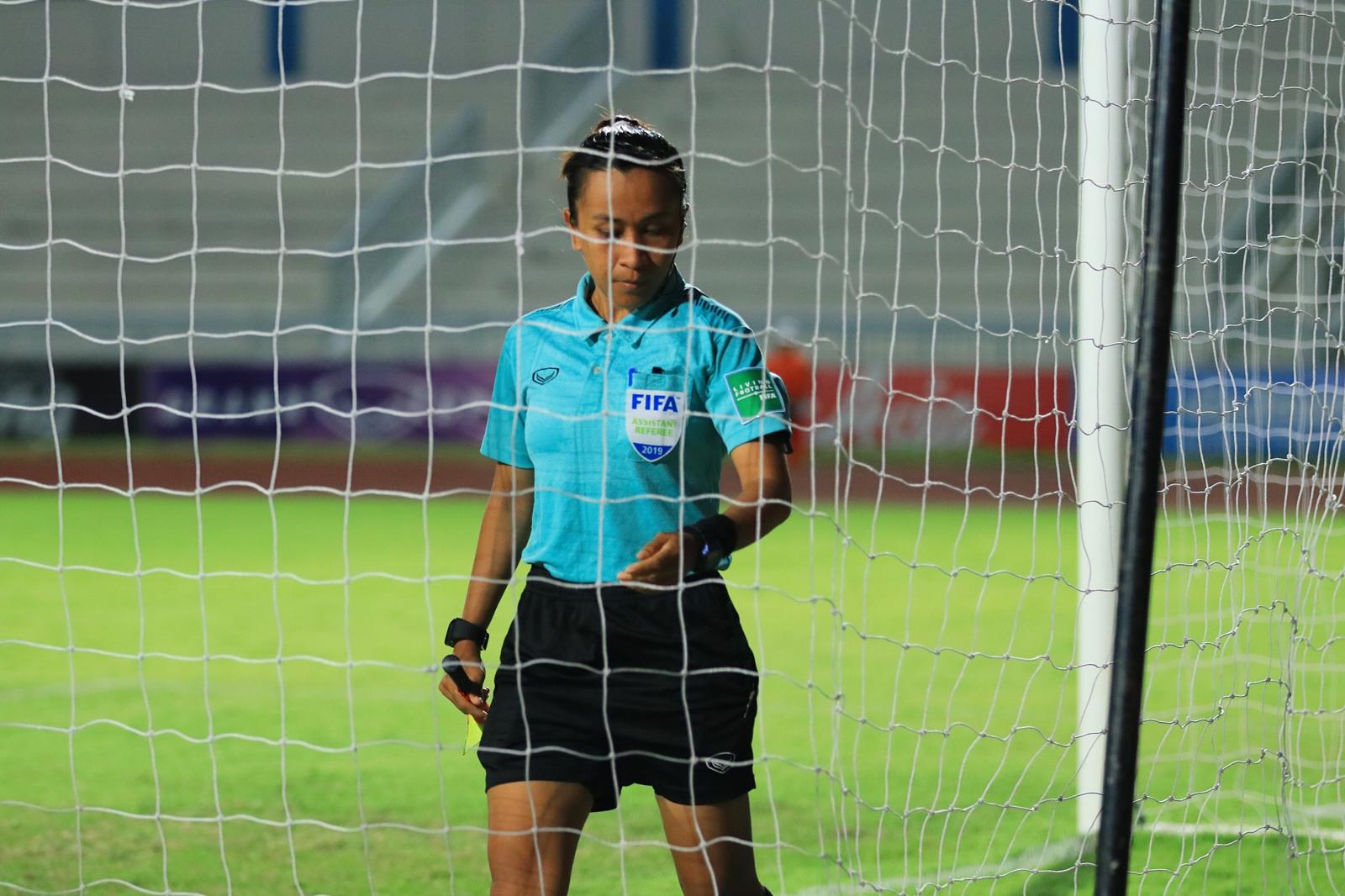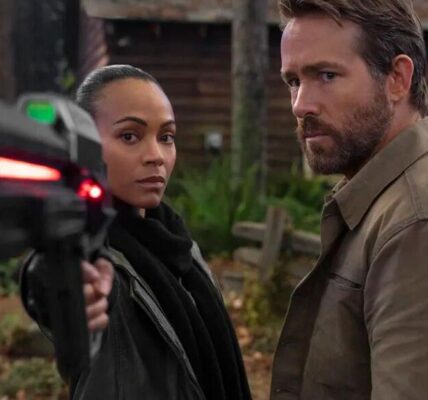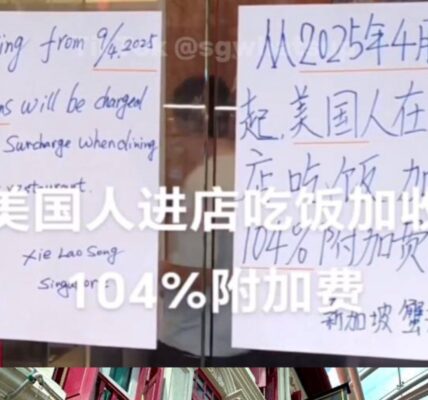We wrap up our International Women’s Day celebrations, with a special feature: the journey of coach, referee, and breast cancer survivor, Rohaidah Nasir. Her resilience, returning to the sidelines of the Jalan Besar Stadium for the inaugural Breast Cancer Foundation Charity Cup, just days after reconstructive surgery, is a testament to her commitment to the game and our community.
It is perhaps an apt tribute to the dedication of women in Singapore football, and even as our IWD special series comes to an end we are already looking ahead to our next push for the women’s game: the Women’s Premier League All-Stars taking on Brisbane Roar in the Friendship Cup at the Bishan Stadium.
More than just a match, it reflects the steady progress of women’s football and our commitment to grow the game on and off the pitch.

Photo courtesy of Rohaidah Nasir.
Just two days after undergoing reconstructive surgery, Rohaidah Nasir stood on the sidelines of the Jalan Besar Stadium, watching young girls, their mothers, and footballers from clubs across the country come together in the spirit of the game. This was a Saturday morning at the inaugural Breast Cancer Foundation (BCF) Charity Cup, and Rohaidah could not help but break into a smile.
More than a year ago, the former referee had stepped away from football, not by choice, but to fight an opponent unlike any other—Triple Negative Breast Cancer (TNBC), one of the rarest and more aggressive forms of breast cancer.
Now, as she stood looking across the pitch, Rohaidah was not just witnessing women playing football – she was seeing the burning embers of her past life burst aflame.
“I know most of these women footballers. Coming back after a year and seeing familiar faces makes me even more motivated to start playing again,” she said. “Plus, it’s nice to see everyone coming together for something bigger than ourselves.”
Organised by the Football Association of Singapore (FAS) in collaboration with BCF, the inaugural event was aimed at raising awareness and support for breast cancer through the unifying power of football, while also commemorating AFC Women’s Football Day and International Women’s Day.
It featured teams from the Women’s Premier League (WPL) and Women’s National League (WNL) in a 7v7 competition. Alongside this, the Family3s – a fun 3-a-side festival – allowed young girls from the FAS Girl Cubs to team up with family members in a friendly competition.
Partner organisations such as Alvin Sports, Lockton Companies, the Andrew Lee Breast Clinic and Specialist Women’s Imaging also ran booths on the sidelines lending their weight to the cause, even contributing merchandise, equipment, and food items.
Standing on the sidelines felt like a victory all on its own for the 42-year-old. And Rohaidah, who has officiated in over 30 local and international tournaments, and is also Singapore’s first female assistant FIFA referee, knows that it is important to talk about her journey – perhaps especially because of the rarity of the TNBC experience.
The unexpected struggle

Photo courtesy of Rohaidah Nasir.
Accounting for some 10 to 20 percent of all breast cancer cases, TNBC does not have estrogen, progesterone, or HER2 receptors, unlike other cases, which means it does not respond to treatments like hormone therapy or targeted therapies. It often requires a combination of chemotherapy and radiation for treatment.
Additionally, TNBC is known for being more aggressive, with a higher risk of recurrence within the first few years after treatment. It is more likely to affect younger women and tends to have a poorer prognosis than other forms of breast cancer.
“People always assumed that cancer only affects older people who are not healthy, but it’s not true. A diagnosis can happen to the healthiest person at a young age,” said Rohaidah who was diagnosed with TNBC in October 2023 after noticing what she thought was just a lump.
“The lump wasn’t painful or uncomfortable, but I remember the doctor saying the lump felt a bit hard, so I needed a biopsy. I was like, huh, what’s that? I still didn’t think it was serious, so I kept training for the men’s Singapore Premier League (SPL) fitness test for referees who intend to officiate SPL games,” she said.
In fact, while sneaky suspicions that it might be cancer were confirmed when she returned for her results a week later, Rohaidah remained largely unfazed. Instead of researching her diagnosis, she carried on with life as usual, refusing to let it disrupt her routine.
“I just asked the doctor what was next, and she recommended surgery in December 2023 to remove the lumps. I didn’t bother researching—I just thought, okay, remove the lumps and done.
“Days before my surgery, I went all out—hit the gym, went for a run, did a 10km session—all in preparation for my course. I was training so hard for it and felt like I could have passed it,” she recalled.
But that belief fell apart when doctors discovered that the cancer had progressed to Stage 2 during her eight-hour mastectomy surgery.
Facing the truth
The months that followed were grueling—chemotherapy, treatments, and the sheer exhaustion that came with it, something the fitness fanatic found overwhelming.
She said: “I was really frustrated because it felt like I had to go back to square one with my fitness. I was constantly tired, and the time taken to get back to my level of fitness felt like too long of a process, so I decided to retire from refereeing and take a break from sports for a year to start my chemotherapy sessions.”
When asked about the hardest part of it all, Rohaidah revealed that losing her hair was a major hurdle. She had always loved having long hair, and suddenly, it was gone.
With a wry chuckle, she admitted, “It felt so weird not having hair. I wore a cap for a while, and even that took some getting used to.”
Empowerment through vulnerability

Three months after her last chemotherapy session. Photo courtesy of Rohaidah Nasir.
As someone who has struggled with vulnerability, Rohaidah initially wanted to keep her diagnosis a secret—from her football friends, and even from her closest family members.
And she actually did.
“I kept the diagnosis to myself for so long. The more you tell people, the more they may overreact, and I just wanted peace of mind,” admitted Rohaidah.
Eventually, she confided in her close family and friends before publicly revealing it on Instagram in September 2024, two months after completing chemotherapy and radiation.

Through opening up, Rohaidah received overwhelming support from the football community and her breast cancer support group, which proved to be a real source of strength.
“I realised that by sharing, I could help others – especially younger women – understand that this can happen to anyone, at any age. I’m glad the BCF Charity Cup helps raise more awareness for breast cancer and how it can affect anyone at an unexpected moment – no matter how fit or young you are,” she said.
Stories like Rohaidah’s are those that perhaps truly capture the spirit of the entire BCF Charity Cup initiative.
“The inaugural BCF Charity Cup is not just about competition; it is about championing a cause that affects the lives of many women globally,” said Adeline Kow, BCF General Manager. “Sporting events such as this unite communities, empower women, and promote health and fitness—qualities that resonate deeply with our community at the Breast Cancer Foundation.
“Together with like-minded partners such as the Football Association of Singapore and Lockton Companies, we can help improve breast cancer awareness and continue offering crucial support to the breast cancer community,” she added.
‘Be brave and get checked early’

Rohaidah’s sheer tenacity and never-say-die attitude that shines through all her struggles. Her passion for football has not faded, and she has pivoted to new roles that are more manageable, taking up Video Assistant Referee (VAR) courses, focusing more on her coaching duties for boys and girls at F17 Football Academy—while also looking for exercises she could manage during her treatment. Walking, stretching, and even some light passing with her students, as long as she did not overexert herself.
It is an approach that is testament to her athlete-mindset that requires an embracing of pain, injury, and recovery.
Rohaidah hopes events like this can encourage players to embrace that getting checked for breast cancer can be part of that same mindset.
“If these women have a winning mindset on the field, then fighting cancer is just another battle—like recovering from an injury. Be brave and get checked early; it’s easier to overcome in the early stages,” said Rohaidah. “Keep fighting to win—on the field, during treatment, and through recovery. Mental strength, and support from our family, friends and community will be what keeps us going – and it will be worth it.”




